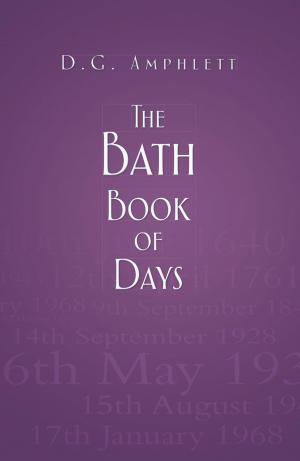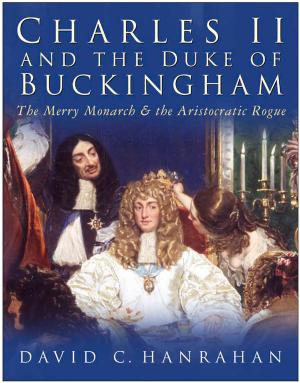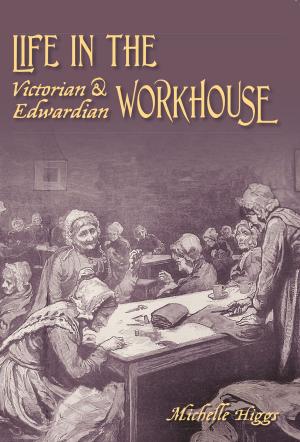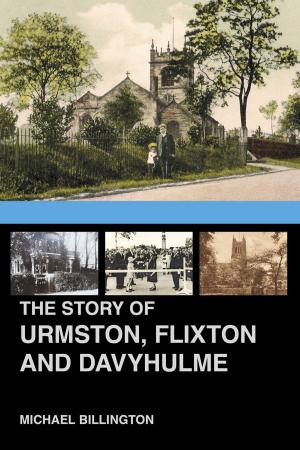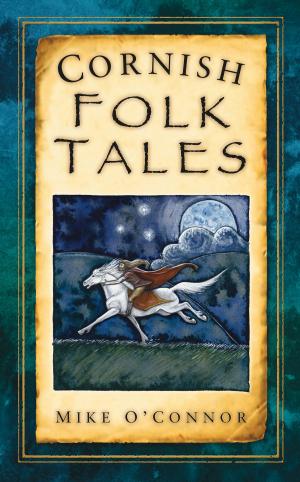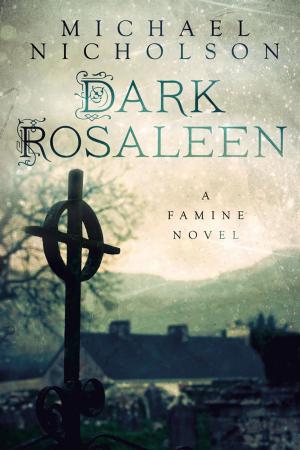| Author: | Christopher Gidlow | ISBN: | 9780752476384 |
| Publisher: | The History Press | Publication: | November 8, 2011 |
| Imprint: | The History Press | Language: | English |
| Author: | Christopher Gidlow |
| ISBN: | 9780752476384 |
| Publisher: | The History Press |
| Publication: | November 8, 2011 |
| Imprint: | The History Press |
| Language: | English |
An investigation into what archaeology tells us about King Arthur’s Dark-Age Britain What lies behind the legends of King Arthur? Fragments of history, or just wishful thinking? While historians study the ancient manuscripts, modern archaeologists join in the hunt for clues. From Arthur’s "birthplace" at Tintagel to the fabled "Isle of Avalon," this history sifts through the evidence. Journeying across Arthur’s Britain, the author searches for Camelot and the sites of his battles. Do the remains confirm or contradict the traditional accounts? Far from providing objective proof, he shows how archaeologists’ interpretation of their discoveries reflects the academic fashions of their times. Sites which in the 1960s were used to prove King Arthur’s existence are now seen as irrelevant to the discussion of a completely mythical character. By comparing the written sources with the archaeology he shows that the traditional image of Arthur leading the Britons against the Saxons around the year 500 AD is actually a very plausible explanation of the evidence.
An investigation into what archaeology tells us about King Arthur’s Dark-Age Britain What lies behind the legends of King Arthur? Fragments of history, or just wishful thinking? While historians study the ancient manuscripts, modern archaeologists join in the hunt for clues. From Arthur’s "birthplace" at Tintagel to the fabled "Isle of Avalon," this history sifts through the evidence. Journeying across Arthur’s Britain, the author searches for Camelot and the sites of his battles. Do the remains confirm or contradict the traditional accounts? Far from providing objective proof, he shows how archaeologists’ interpretation of their discoveries reflects the academic fashions of their times. Sites which in the 1960s were used to prove King Arthur’s existence are now seen as irrelevant to the discussion of a completely mythical character. By comparing the written sources with the archaeology he shows that the traditional image of Arthur leading the Britons against the Saxons around the year 500 AD is actually a very plausible explanation of the evidence.



